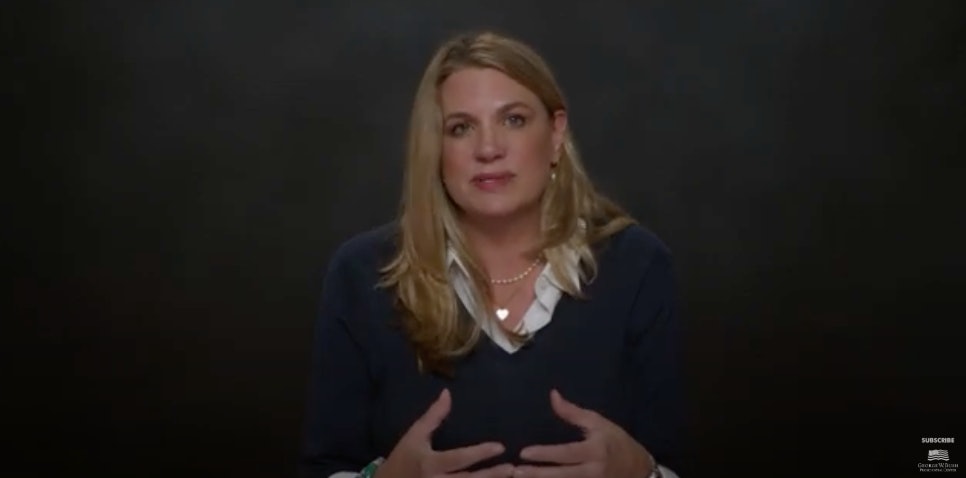Today being School Principals' Day, Eva Chiang, deputy director of the Bush Institute's Education Reform Initiative, offers this essay about the importance of preparing principals for their hard work, as well as providing principals support that allows them to succeed.
In the 1960s when Congress was debating the Elementary and Secondary Education Act, Senator Robert Kennedy astutely worried that principals may not be able to effectively implement the policies enshrined in the act. He argued for a safeguard of measurement and accountability so that parents would be empowered to know if and when their child’s school was getting it right.
What has happened since then? We know that principal preparation in the United States needs work. We have shown that teachers stay longer in schools where there is an effective principal . And we know that the longer a principal stays in the role, the more effective he or she can be.
Districts play a powerful role in keeping and supporting their best principals. Refining and updating talent management systems is not easy in any business—and that is particularly true for school systems. But improved systems are exactly what districts need.
A systems approach means that we connect the entire career trajectory of a principal — from preparation, to learning and evaluation, to compensation and incentives, to working conditions. The role of the principal has changed, and now requires more skill, talent, and time than ever.
As a result, district leaders need to carefully consider what their principals should be doing on a day-to-day basis. Should they be creating busy schedules and managing inventory, or should they be coaching teachers and building parent and community ties? Also, districts need to use data to figure out where their best principals are trained, and why their best principals stay in or leave the role.
Most important, district leaders need to be sure that their policies are enabling the practices they want to see — principals who fit well in the school they lead, who know how to effectively coach their staff, and who stay in their role as long as possible. Our Principal Talent Management Framework is a good place to start when thinking through this system-wide approach.
There is a lot of rhetoric right now about what our schools need to improve. I see this as an opportunity to make good decisions for kids. What can’t be lost in the discussion, though, is a focus on what we know. We know great principals matter, and our policymaking needs to reflect that reality.






























